Buddhism is one of the popular religions founded by Gautama the Buddha. It is the manifestation of the existence of the Buddha, his teaching and the order of monks. These are the three most important elements of Buddhism. If one wants to convert to this religion, it is imperative to do good deeds throughout one's life. The goal is to be able to achieve Nirvana.

Good deeds according to Buddhist teaching
The Buddha offered a universal definition of healthy and unhealthy, piety and sin. All actions that hurt others, that disturb their peace and harmony are evil and harmful actions. All actions which help others, which contribute to their peace and harmony are pious and healthy actions. According to the Buddha's pedagogy, actions are good or bad, perfect or imperfect, depending on the state of mind in which they are done. In other words, the criterion of ethics is not theological, but psychological.
According to Buddhist precepts, making the effort to multiply good deeds is the only way to achieve happiness. If you do good deeds, you will not suffer because not only will you not be criticized by others, but also everyone around you will admire these actions and will behave with recognition and gratitude towards you .
A Buddhist simile states that when you plant an orange, you get an orange, but not an apple or other fruits. This means that each individual reaps what he sows. Buddhist teaching is based on good behavior in everyday life and towards others. Good deeds are a moral virtue that all followers of Buddhism must apply in social life. Buddhist teaching encourages people to purify their Karma to prevent it from occurring and manifesting in past lives or future lives. You must always do good deeds to improve your Karma.
The Buddhist affirmation
A Buddhist statement states that only kindness attracts kindness and violence attracts violence. Buddhist teaching educates its disciples in good daily behavior with others. Honesty, sincerity, charity and altruism are basic moral values in Buddhist precepts. All his spiritual values tend towards the realization of good gestures, good words and good behavior towards oneself and towards others. This includes good deeds.
Mutual aid and charity are also one of the foundations of the precepts in Buddhist practice. The Buddhist thought movement teaches conduct of ethical value so that everyone is freed from their chains and inner suffering. As long as an individual does good to those around him, he balances his karma and hopes for a better life in the future.
Good actions are therefore necessary not only for the good of society, but also for the good of one's family members, for the earthly good of the individual and even for progress on the path of Dharma. These are the Three parts of the Noble Eightfold Path which enter into the practice of Shîla, notably right speech, right action and finally right life.
Finally, the Noble Eightfold Path stage on the principle of Buddhist ethics encourages people in samyak-karmanta or perfect action. Normally, perfect action defines good actions, because all activities of the individual in these visions follow the rules of moral conscience. Man must act every hour and must make a decision every day, but often he does not know how to act in the best way. It is Buddhist teaching that shines its light in this context. He learns the best path and the right criterion to choose. It also teaches each individual to know how to distinguish good and evil, to recognize perfect and imperfect things and to differentiate beauty and ugliness.
Good deeds: good morality according to the Buddhist philosophy of Karma
Karma is one of the key concepts of Buddhism. It is one of the foundations of Buddhist precepts on the daily way of life. This word means the relationship of cause and effect. It translates that every cause has an expected effect, that is to say that all past or present actions have positive or negative impacts in present or future life. Buddhism incorporates a philosophy of determinism. He affirms that all acts emitted by an individual, whatever their form, notably a gesture, a word or a written text, will have an effect on themselves one day or another.
Through this paradox, Buddhism always encourages its followers to do the right actions and make the right decisions. The need for exemplary moral conduct and honesty is of paramount importance to have good karma. It is also the only way according to Buddhist belief to be reborn in a higher condition or to reach nirvana. You must therefore act according to your moral conscience and always do good around you, because all good or bad actions come back like a mirror and fall on yourself one day.
According to Buddhist philosophy, man has free will over his destiny, but nothing happens by chance. Everything he is experiencing now is the result of his past actions. He builds his destiny every day through his good or bad actions according to his will. There is therefore no fatality in Buddhism. Man is the only master of his tour, his actions and his decisions.
In addition, every action, every word and every thought leaves imprints and causes karmic effects. After days, weeks, months or even years, these imprints mature and attract corresponding or similar consequences. They ultimately form the present personal reality. It is for this reason that Buddhist teachings encourage people to always do good deeds towards themselves and those around them. This is to hope to have a better condition in his future lives.
According to Buddhist belief, by performing good deeds, a person avoids all bad karma. This law of cause and effect shows that man is free to become and that his actions determine his future. There is therefore neither destiny nor higher authority which controls life and becoming. It is the actions carried out by one's own will which conditions the future and rebirths.
The benefits of doing good deeds in Buddhism
· Obtain positive karma
In Buddhism, doing good deeds brings multiple benefits. The most important thing is to create positive karma. The latter is defined as the law of cause and effect. Actions of body, speech or mind carried out in the past or in the present have effects in the future. We are therefore responsible for what happens, for the consequences of karma. In the case where one has always done good deeds, the result of karma would therefore be positive. Positive karma does not come by itself.
It is necessary to cultivate it by acting correctly, whether towards oneself or towards others. Coming from the body for example, one should respect life, respect the property of others and observe chastity. Then, coming from words, we must always speak and respect the truth, not speak ill of others and not say mean things. Coming from thoughts, we must avoid having vulgar ambitions, not let ourselves be carried away by hatred or anger and above all cultivate wisdom. In addition to these, on a mental level, it is also important to always promote calm, happiness and lucidity.
In addition, it should be noted that karma is governed by twelve principles according to Buddhism. The first is demonstrated by the phrase that is most often said, namely “we reap what we sow”. So, if we do beautiful things in life, we will receive beautiful things in the future. For example, if you give love, you will get love. This can even be multiplied by ten. Then, the second principle is creation. You have to participate in life to receive positive effects. Then, the third is the principle of humility. This involves always seeing the good sides of things.
In the case where we only see the negative aspects, we would be held in a lower level of existence. Growth is the fourth principle. Here, it’s about changing inside yourself so that life changes. Additionally, the next principles are accountability and connection. Everything we do in life is in connection with the universe and we must face them with responsibility. In the Buddhism religion, karma is also governed by the principle of attention and hospitality. In order not to lose sight of the objectives, you should think about one thing at a time. Hospitality is an essential point to take into account to obtain positive karma. All Buddhists will have to show generosity to receive better karma in return.
Finally, the last principles of karma are to enjoy the present moment. We must avoid clinging to the past which prevents us from moving forward and renewing our spirit. We also have the principle of change. In the latter, you have to learn to assimilate the lessons so as to no longer make mistakes. We must not forget the principle of patience and reward as well as importance and inspiration.
· End the suffering
By always doing good deeds in life, we can stop suffering. In the teachings of Buddha, there are Four Noble Truths relating to this suffering. In the first, he notes that life is suffering. All the things that happen are torments, namely birth, death, not getting what you want, being separated from what you love and being associated with what you want. we don't like it. Then, in the second noble truth, it is demonstrated that the origin of suffering is attachment to desire. We all have likes and dislikes.
If we cannot satisfy them, we start by being disturbed and angry. It is in the third Noble Truth that the Buddha teaches that it is possible to end suffering by cutting attachment through good deeds and meditation. Liberation from attachment and pain frees the mind from all troubles and worries. Finally, in the fourth Noble Truth, the Buddha indicates that one can achieve Nirvana if one no longer suffers.
· Achieving Nirvana
Good deeds in Buddhism provide peace of mind. This is how one can achieve Nirvana. The latter is the ultimate goal of all Buddhists. The latter call it the state of Enlightenment or illumination. Indeed, it is a state of awakening or a spiritual state where we live in harmony with the soul and are able to show kindness to others. Upon death, one will be rewarded by deeds and one will not inherit bad karma in the future, but deliverance from the cycle of reincarnation. The experience of nirvana cannot be felt by all the six senses namely the eyes, ears and nose, tongue, body. It is through the mind that we can feel it.
Moreover, in addition to good deeds, one can also achieve Nirvana through the practice of meditation. During the latter, the Buddhist abstracts from the world in order to understand what is important, what has real value. By doing this, he can strengthen his mind to make it easier to condemn his desires. It should be noted that Buddhists must extinguish passion, hatred and ignorance to achieve Nirvana. Altruism must be at the heart of the actions of Buddhists to live in happiness and calm.

















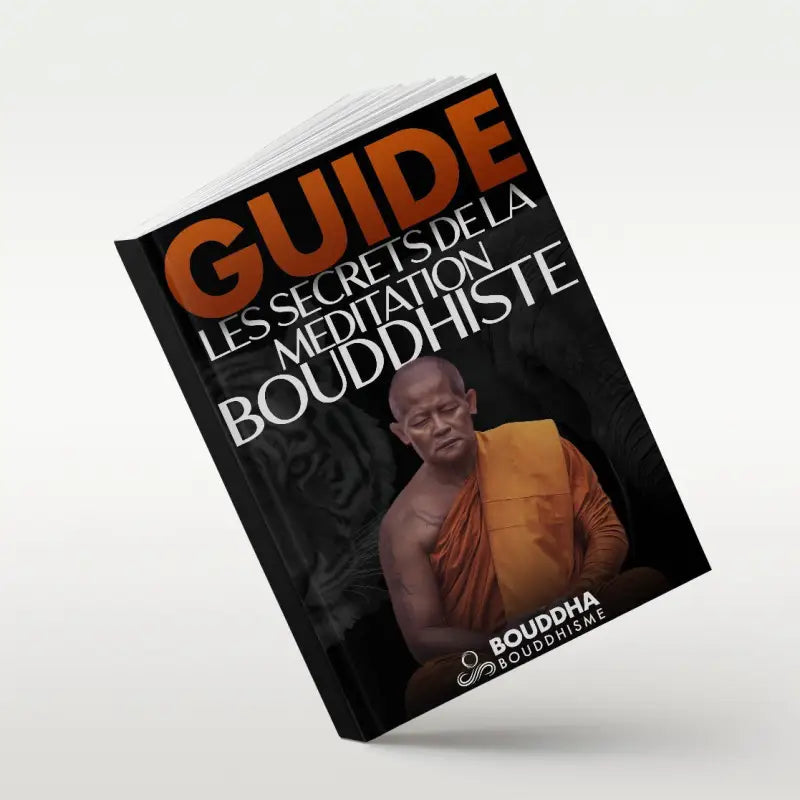
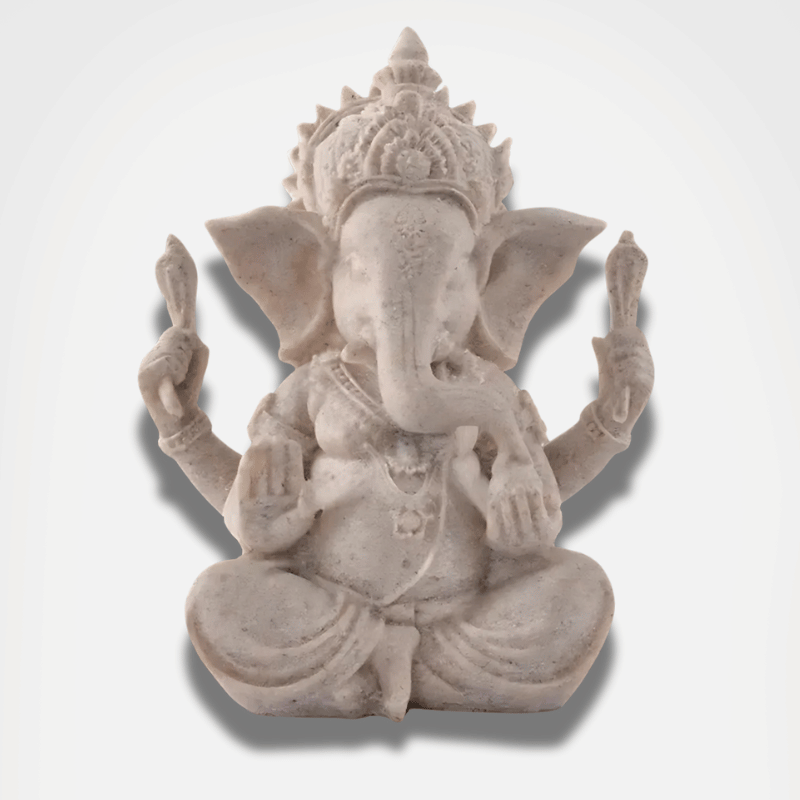
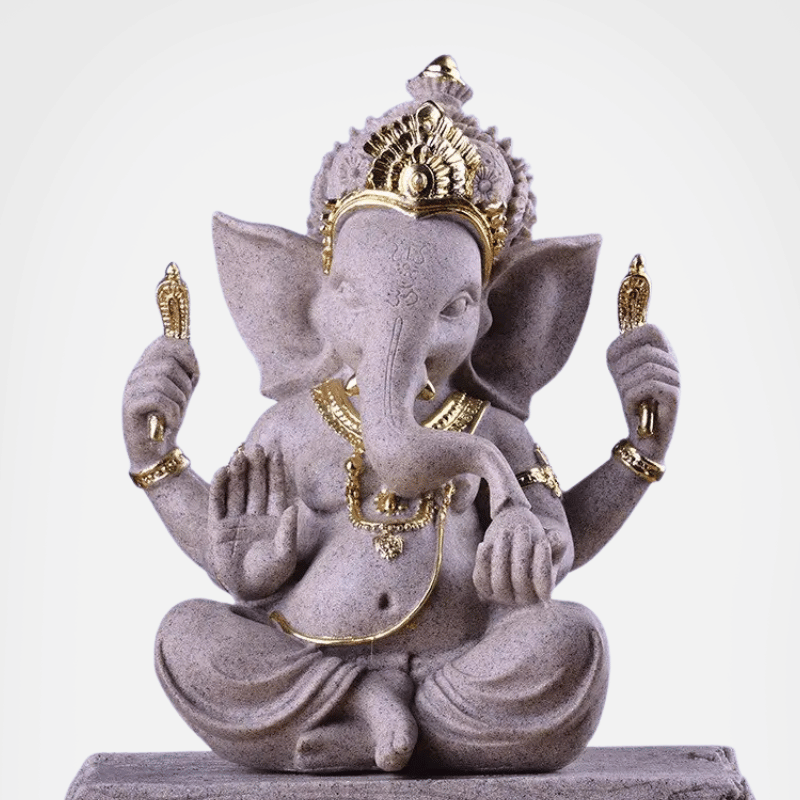
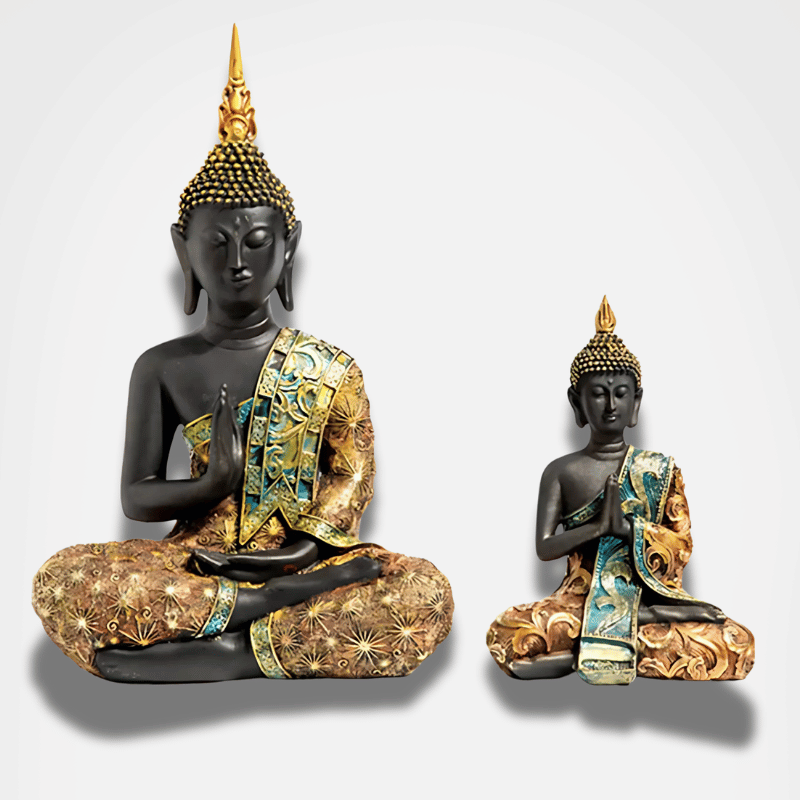
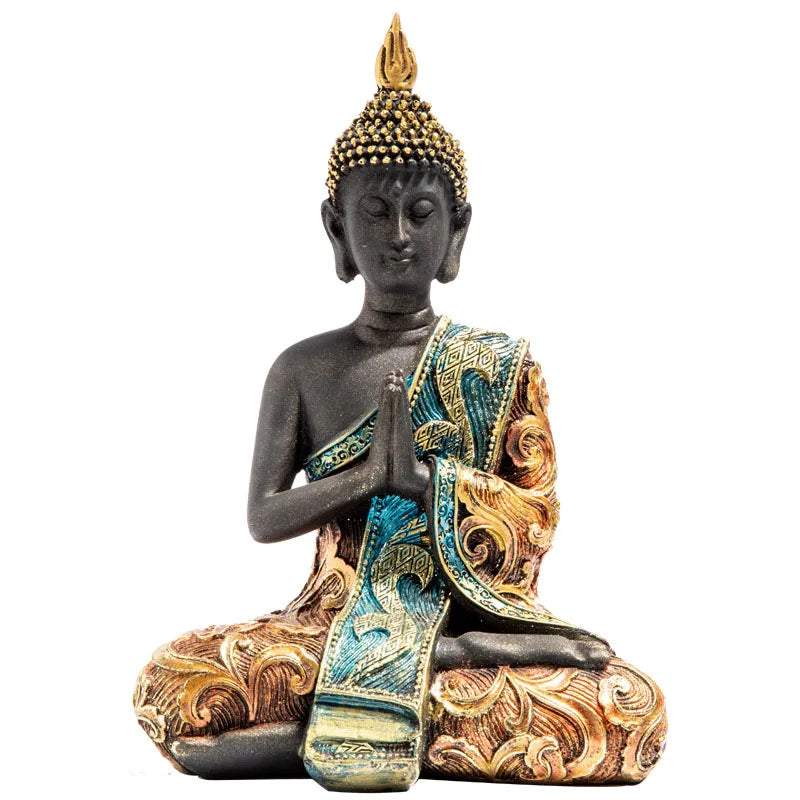
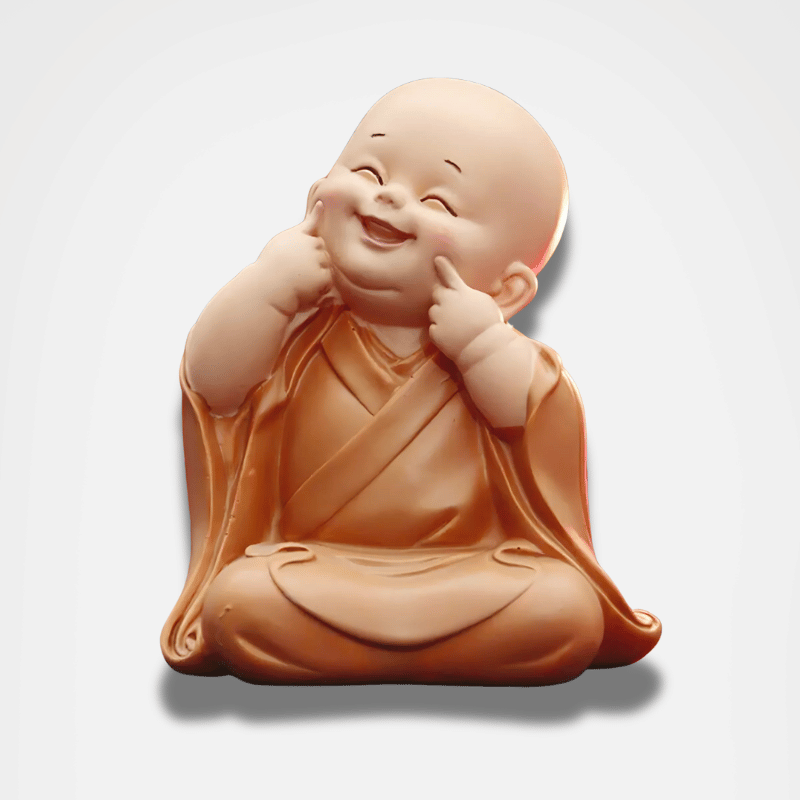



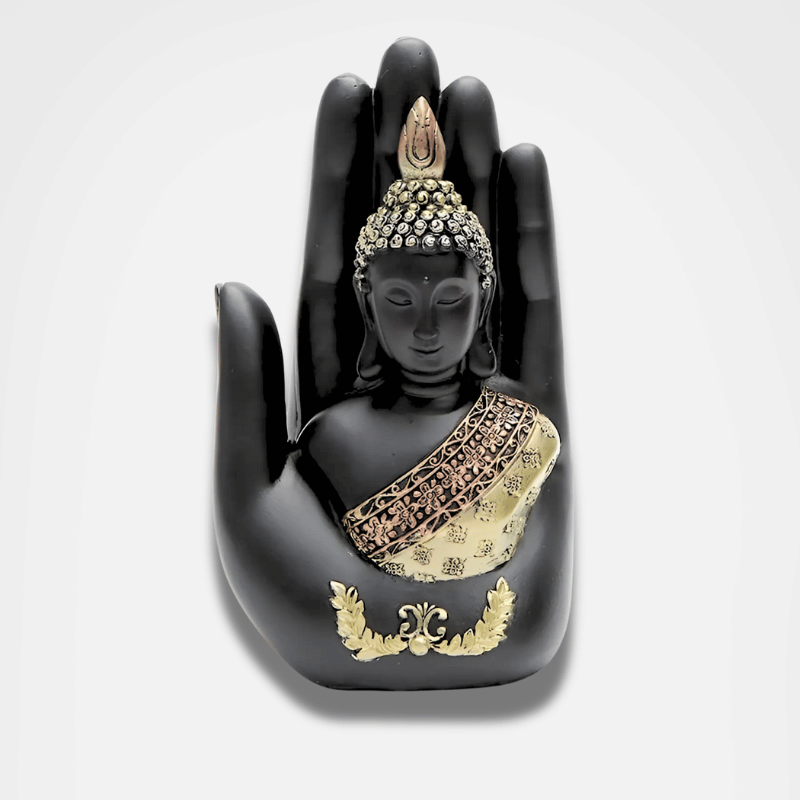
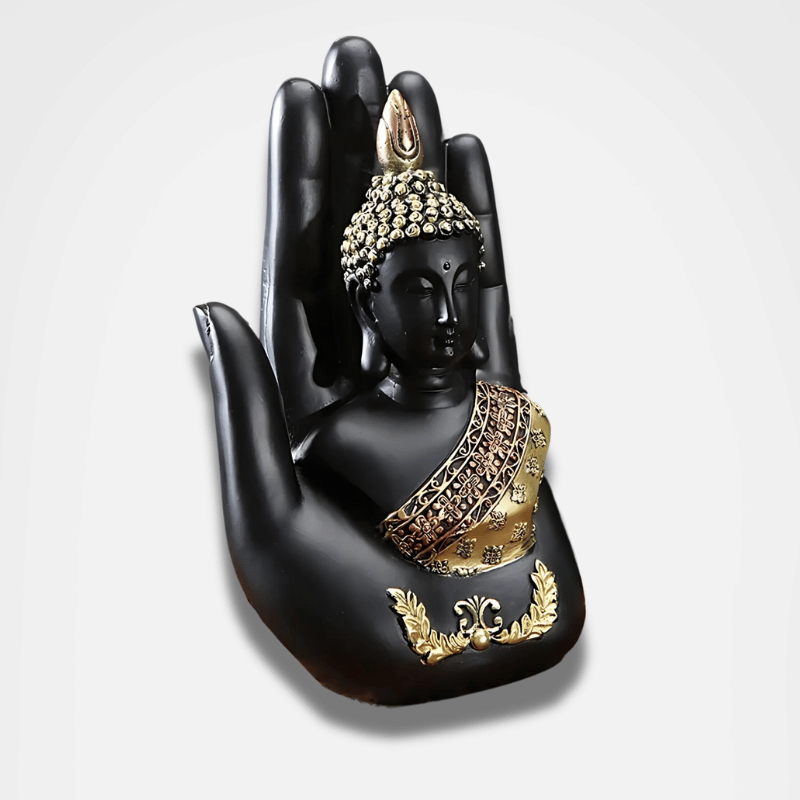









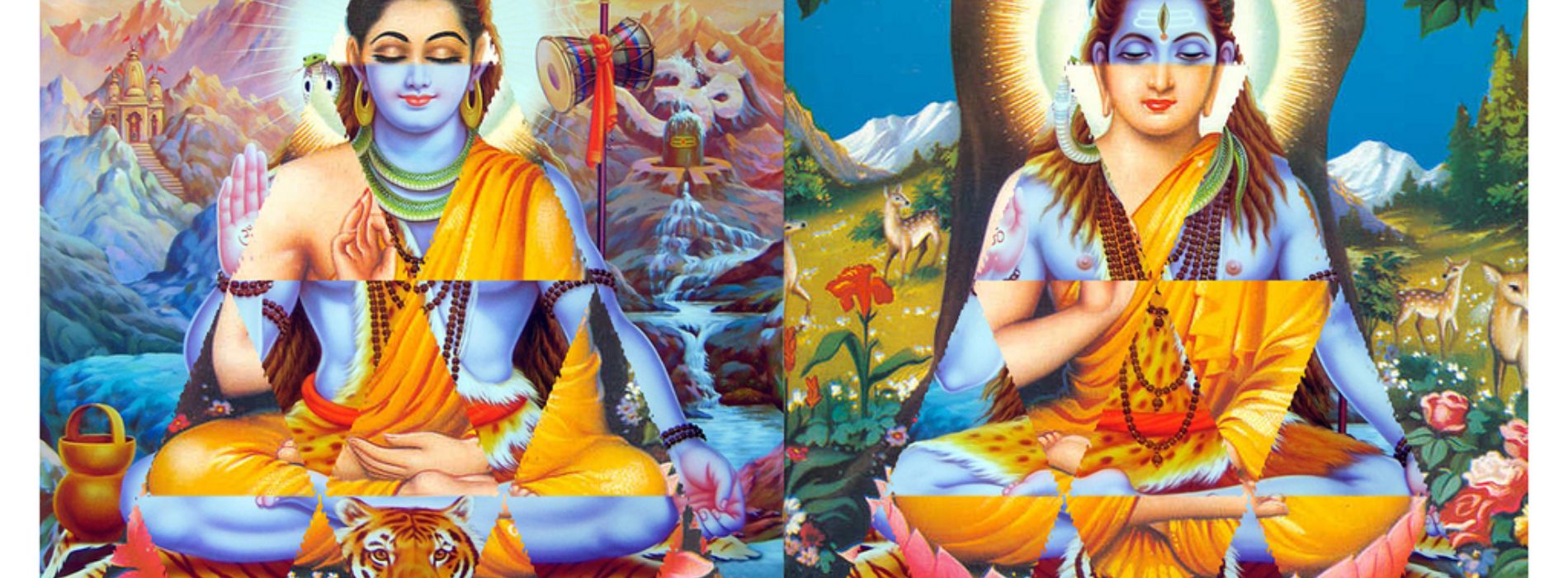
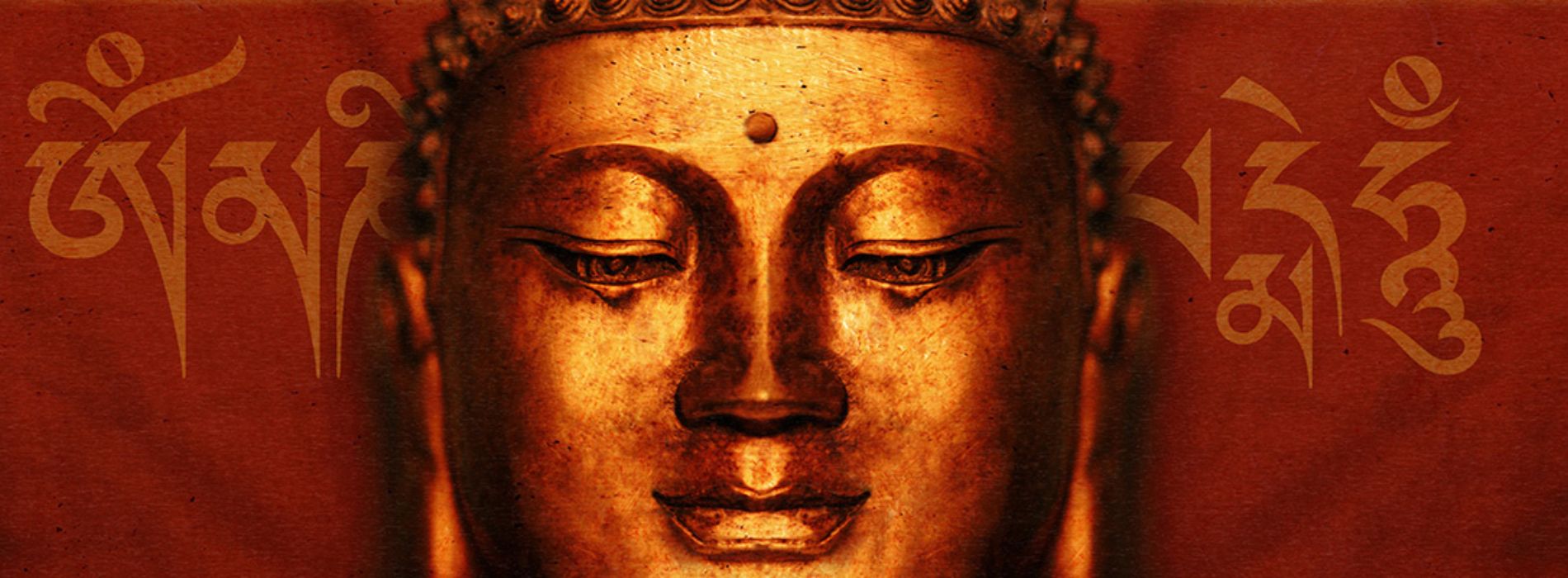



1 comment
Abel
C’est de la bonté ultime !